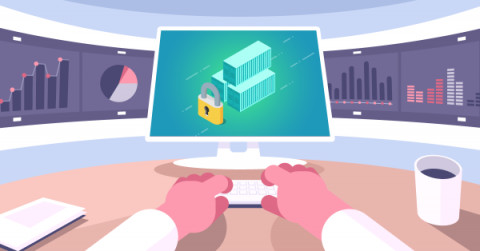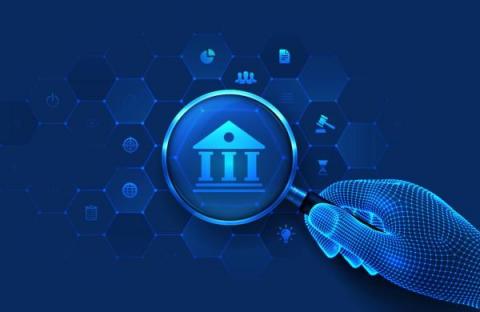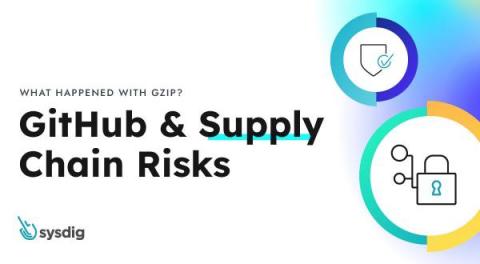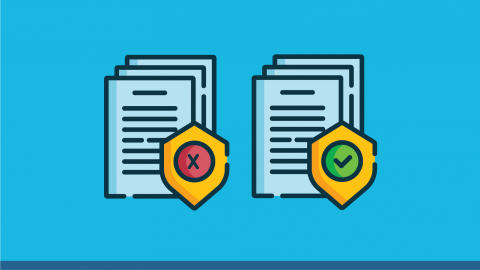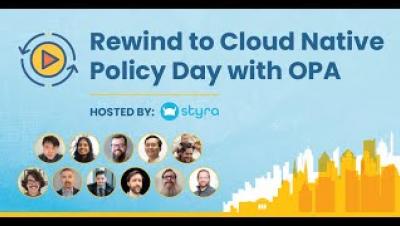Security | Threat Detection | Cyberattacks | DevSecOps | Compliance
Containers
How to Benchmark Styra Load
Vulnerability Prioritization - Combating Developer Fatigue
We are in early 2023, and we have over 2700 new vulnerabilities registered in CVE. It is still a challenge for developers to endure the fatigue of continually vulnerability prioritization and mitigating new threats. Our findings in the Sysdig 2023 Cloud-Native Security and Container Usage Report provide signs of hope for overburdened developers, as the data showed opportunities to focus remediation efforts on vulnerable packages loaded at runtime.
Kubernetes Backup and Restore explained - How-to by Kevin Jackson (Trilio)
The MITRE ATT&CK framework explained: Discerning a threat actor's mindset
This is part 2 of the blog series on the MITRE ATT&CK framework for container security, where I explain and discuss the MITRE ATT&CK framework. For those who are not familiar with what the MITRE framework is, I encourage you to read part 1. In my previous blog post, I explained the first four stages of the MITRE ATT&CK framework and the tactics used by adversaries to gain a foothold in the network or the environment within a containerized application. What happens next?
Docker Container Security: Challenges and Best Practices
The containerization of software and applications continues to escalate, and although alternatives have emerged to challenge Docker, it continues to enjoy major adoption by developers for building and sharing software and apps. In 2022, Docker estimated that 44% of developers are using some form of continuous integration and development with Docker containers.
CloudNativeSecurityCon 2023: A Unique Community Event Focused On The Future Of Open Source and Cloud Native Security
Read some of the highlights from CloudNativeSecurityCon 2023, the first-of-its-kind in-person event, grown from the conversations of the community on the front lines of open source security.
GitHub & Supply Chain Risks
Contributing members of the open source project git deployed a code change in June 2022 that switched the default file compression method from the gzip program to an internal gzip-compatible implementation. The change was made for performance reasons and to reduce the dependency on the aging gzip project. Unfortunately, it also impacted SaaS offerings like GitHub that use git under the hood. GitHub deployed the change and was also forced to quickly roll it back in January 2023.
How to Enforce an Access Control Policy
Access control is the process of dictating who or what can access resources and assets and what actions are allowed once access is granted. An access control policy, by way of an enforcement mechanism, puts those parameters into action. Safeguarding data, IT systems and applications requires a robust access control solution, especially where financial, medical and other sensitive data is concerned.






